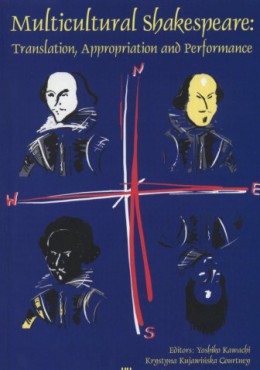“All’s Well that Ends Welles”: Orson Welles and the “Voodoo” Macbeth
“All’s Well that Ends Welles”: Orson Welles and the “Voodoo” Macbeth
Author(s): Robert SawyerSubject(s): Language and Literature Studies, Studies of Literature
Published by: Wydawnictwo Uniwersytetu Łódzkiego
Keywords: multicultural; Caribbean; Orson Welles; nationality; voodoo; Shakespeare; Macbeth; race
Summary/Abstract: The Federal Theatre Project, which was established in 1935 to put unemployed Americans back to work after the Great Depression, and later employed over 10,000 people at its peak, financed one particularly original adaptation of Shakespeare: the “voodoo” Macbeth directed by Orson Welles in 1936. Debuting in Harlem with an all-black cast, the play’s setting resembled a Haiti-like island instead of ancient Scotland, and Welles also supplemented the witches with voodoo priestesses, sensing that the practice of voodoo was more relevant, if not more realistic, for a contemporary audience than early modern witchcraft. My essay will consider how the terms “national origins” and “originality” intersect in three distinct ways vis-a-vis this play: The Harlem locale for the premier, the Caribbean setting for the tragedy, and the federal funding for the production.
Journal: Multicultural Shakespeare: Translation, Appropriation and Performance
- Issue Year: 13/2016
- Issue No: 1
- Page Range: 87-103
- Page Count: 17
- Language: English

